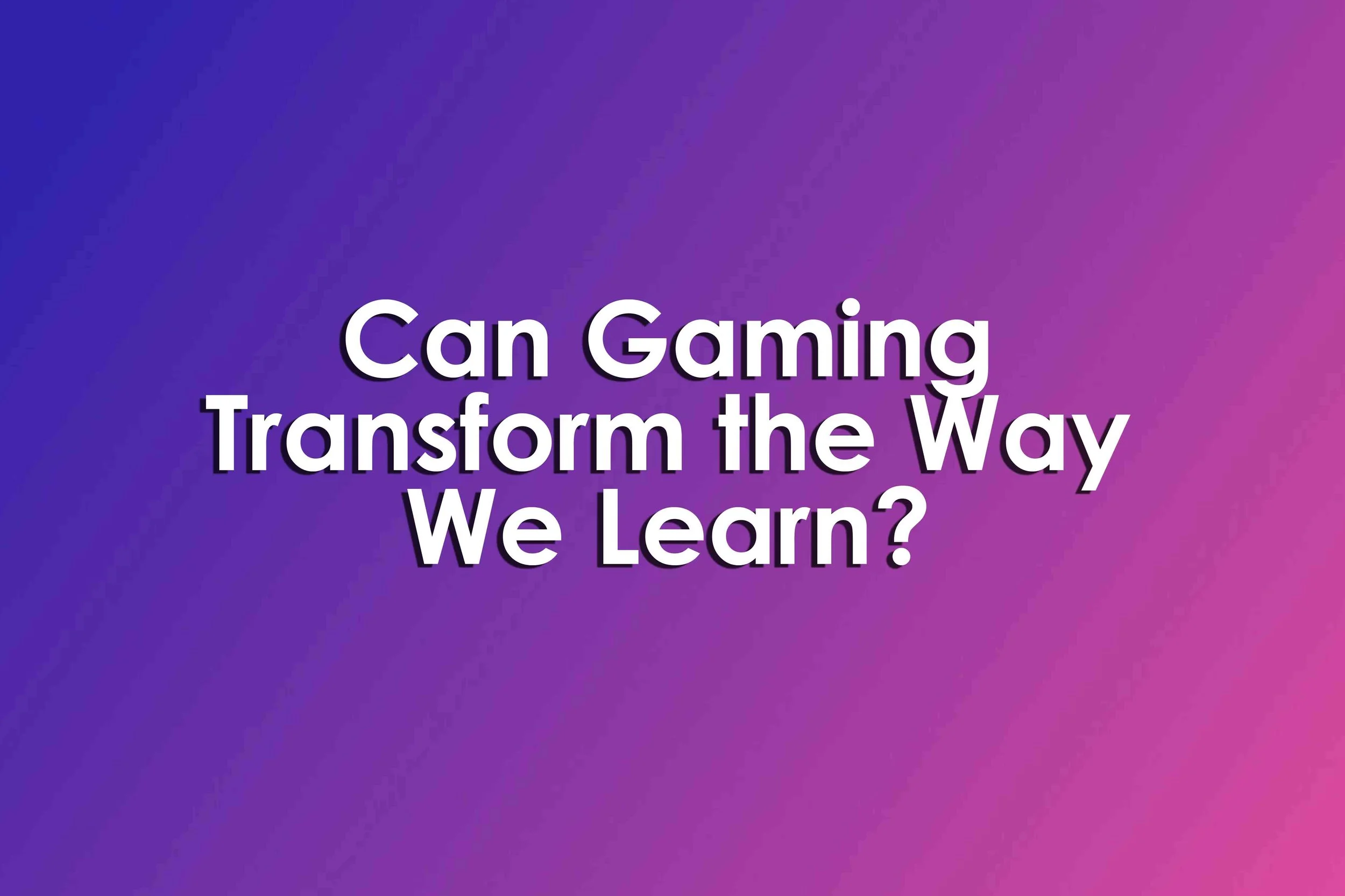Can Gaming Transform the Way We Learn?
Can Gaming Transform the Way We Learn?
Can Gaming Transform the Way We Learn?
By Luis Monzon
October 31, 2021
Summary
Are our South African universities equipped to engage with and stimulate these digitally immersed learners? Wits University's Emeritus Professor Barry Dwolatzky, who serves on the Computer Science Advisory Board of University of the People, a tuition-free, online university, says that conventional education models are starting to become superfluous in our modern age as more learners go online.
"The brick-and-mortar style of tertiary education is set to be disrupted in the near future with a move towards virtual learning. With so much material available through technology anytime, anywhere, it is no longer necessary to physically attend a lecture with hundreds of people. Learners can watch and learn online from the comfort of their homes," he says.
Can digital learning be as effective and engaging as in-person education? Teaching by traditional methods with a blackboard and the teacher's voice as the focal point - or 'chalk and talk' - is already making way for more online learning spurred on by the global pandemic, while a more informal and interactive approach that allows learners to study at their own pace has long been acknowledged to inspire more effective learning.
Technology becomes a tool for active, instead of passive, learning.
While South Africa is not quite there yet with gamified education, with the digital divide a stumbling block to including lower-income learners in online learning, the University of the People is opening up opportunities with its tuition-free model and is on the right path to making gamification in higher education a reality.
Prof. Dwolatzky sees huge merit in gamifying learning and believes disruptors in the education sector should tap into this method of learning to keep students motivated and minimise dropout rates: "There is a lot to be learnt from gaming. There is no penalty for failure - if you lose you start again, taking the lessons learnt with you into the next game. There is no stigma attached to failure - it is seen as part of progressing. People play in virtual multinational groups and learn to collaborate and communicate with players from different cultures in order to jointly solve problems," he explains.
At UoPeople, learners participate in online discussion forums, peer review groups, and graded quizzes, all of which improve attitudes towards learning, Dwolatzky says.
Reference
Adkins, L. (2021, November). How do video games affect the educational process? Sunday Vision. Retrieved December 9, 2021, from https://www.sundayvision.co.ug/how-do-video-games-affect-the-educational-process/.


